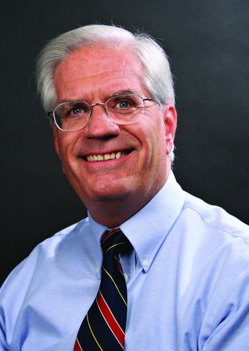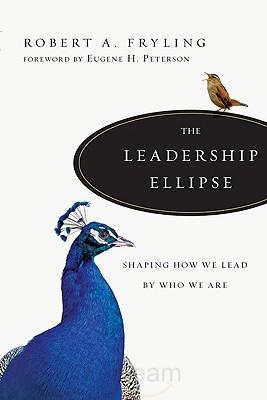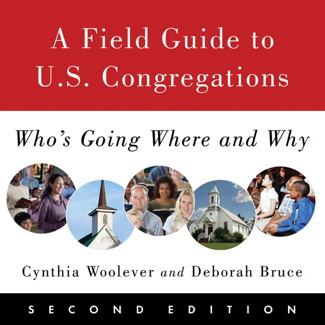I’m working in Nashvegas for most of this week, so Flunking Sainthood welcomes two guest bloggers (the other will be Carol Lynn Pearson on Saturday). Today we hear from my dear friend Bob Fryling, who has recently written an excellent book called The Leadership Ellipse in which he shares some of his wisdom in business and faith. He’s the real deal, people. Listen up!

I failed my sainthood test in a rather traumatic fashion in the middle of my leadership career. At the time I was the national director of collegiate ministries with a large inter-denominational Christian organization. I loved the challenge of my job and there had been significant growth and success during my tenure.
However, there was a time when the whole organization felt stuck and our president decided to reorganize our top structure. Without any warning he publicly eliminated my job. My immediate reaction to this loss of vocational identity was frantic despair. I didn’t know what my future would look like. My emotions were a mixture of anger at the president as well as a deep sense of personal failure and humiliation. I felt emotionally and professionally crushed.
What was even more devastating was that I didn’t know where God was in all of this. I was confused as to whether I had failed God or God had failed me. But either way, I was spiritually debilitated. In my despair and emptiness I cried to the Lord for understanding and comfort. He answered my pleas of desperation with a deeper understanding of my own soul.
The self-understanding began when I realized I was like the Old Testament character Gideon who went from being a man of faith to allowing his job success to be a focus of idolatry.
He gloried in the praise of his followers. Although I consciously tried to be more humble than that, my unconscious soul was quite taken with my own success! But now my glittering image had been stripped away and the shallowness of my soul was exposed.
An even more vivid image for me in this time of reflection was the despicable Gollum in Toilken’s The Hobbit. Gollum refers to the magic ring as “my precious.” I was deeply shaken when I realized that my job was my ring of power and that it was “my precious.” I felt entitled to it because I had worked hard to do everything right. My mistake was focusing so much of my life on what I was doing for God that I was blind to what God wanted to do in me.
In the middle of my spiritual and emotional pain, two prayers of Jesus came to me. First, there was, “My God, My God, why have you forsaken me?” When these words spontaneously formed on my lips, I shuddered because they felt blasphemous for me to utter. The experience of losing my job in no way compared to what Jesus suffered in his death. Yet there was also comfort in that what I was experiencing in a very small way was what Jesus had experienced for me. I could trust him as one who had also experienced divine isolation. I was no longer completely alone.
The other prayer of Jesus was also from the cross when he prayed for those who were gathered around his place of execution. “Father, forgive them, for they know not what they are doing.” Here was the profound example of Jesus offering forgiveness to those who had rejected him.

I saw in Jesus a call to let go of my instinctive attitudes of vindictiveness and self-justification. Instead I was to offer forgiveness. Without this quiet invasion of divine grace that day, I think I would have gone down the path of having bitterness against the organization and its leadership. But the path of forgiveness was a road to liberation for me. As Henri Nouwen wisely observed, “forgiveness is allowing the other person not to be God.”
As I look back on this time I realize again that sainthood is not something that can be achieved by self-conscious effort. That is the path of self-righteousness that goes in the other direction! Rather the perfect model of humility in Jesus shines through the cross and his suffering for others. Sometimes we get to be in touch with that suffering through our failures. I know I did.
Adapted from the book, The Leadership Ellipse: Shaping How We Lead by Who We Are by Robert A. Fryling. InterVarsity Press. 2010.

